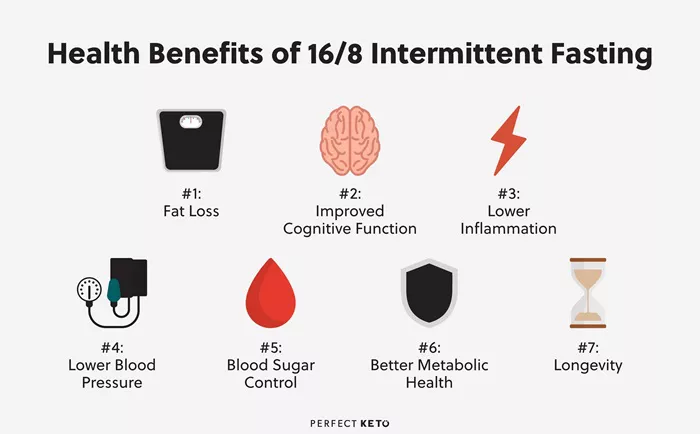As the world observes Universal Health Coverage (UHC) Day on December 12, 2024, concerns persist about the growing gap between the promises made by governments and the realities of health care access for millions of people worldwide. Despite significant progress over the last decade, experts warn that many nations are failing to dedicate adequate public resources to health care, undermining the fundamental human right to health for people across the globe.
A Call for Global Health Reform
Twelve years ago, the United Nations General Assembly endorsed a resolution urging all countries to achieve UHC, which envisions universal access to affordable, quality health care for everyone. This day serves as an annual reminder of the progress made and the challenges that remain in fulfilling this ambitious goal. The UHC framework, which was developed by the UN, outlines the need for governments to provide access to essential health services—ranging from preventive care to treatment for both infectious and noncommunicable diseases—while ensuring the availability and accessibility of quality health facilities, including maternal and postpartum care.
However, according to a recent analysis by Human Rights Watch, a significant number of governments are falling short of their commitments to invest in public health systems, resulting in millions of people still facing significant barriers to care.
Global Spending on Health Care Falling Short
In a study published earlier this year, Human Rights Watch examined the World Health Organization’s (WHO) Global Health Expenditure Database, which revealed troubling trends in global health care financing. The analysis found that when governments increased public health spending, people had greater access to essential health services. However, the data also showed that many nations are significantly underfunding their health sectors, with a sharp rise in out-of-pocket expenses for individuals and families.
In 2021, individuals and their households paid more out-of-pocket for health care than their governments spent on it in 47 countries, exacerbating inequalities and creating discriminatory barriers to care. These rising out-of-pocket costs disproportionately affect low-income individuals and families, pushing them further into poverty and limiting their access to life-saving treatments.
The Impact of Inadequate Health Funding
The lack of adequate public health funding has far-reaching consequences. It not only limits access to medical care but also undermines other basic human rights, including access to education, housing, and clean water. As more resources are diverted away from essential public services, the gap in health outcomes continues to widen, with disparities in quality of life and life expectancy between wealthy and low-income populations growing ever more pronounced.
A Call to Action for Governments Worldwide
As UHC Day 2024 draws attention to the global health crisis, experts are calling on governments to increase their commitment to public health spending. To ensure that all people have access to affordable, quality health care, governments should allocate at least 5 percent of their GDP, or 15 percent of total government expenditures, to health care.
Governments also need to focus on progressive tax systems and work to eliminate tax abuses in order to generate the necessary public resources to fund health care systems. For many developing countries, international financial institutions and creditor governments must play a pivotal role in ensuring that the countries they support can adequately finance their health care systems and meet their citizens’ needs.
Ensuring Health for All
The theme of this year’s Universal Health Coverage Day emphasizes the need for sustained political will and international cooperation to achieve global health equity. As more than 50 percent of the world’s population still lacks access to essential health services, the road ahead remains long and challenging. The global community must heed the calls of billions who continue to face barriers to health care and take meaningful steps to ensure that health care is accessible and affordable for all.
Key Recommendations for Progress:
- Governments should allocate at least 5% of GDP or 15% of government expenditures to health care.
- Tax reforms should focus on eliminating tax abuses and creating progressive tax systems.
- International financial institutions and creditor governments must assess how they can help nations fund their health care systems effectively.
As we mark UHC Day, the global community must redouble its efforts to bridge the gaps in health care access and fulfill the right to health for all.
Related Topics



































